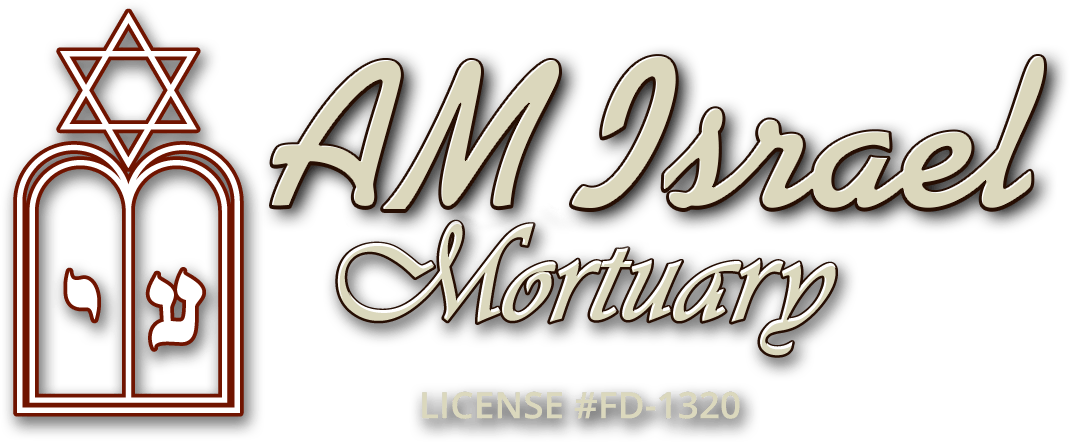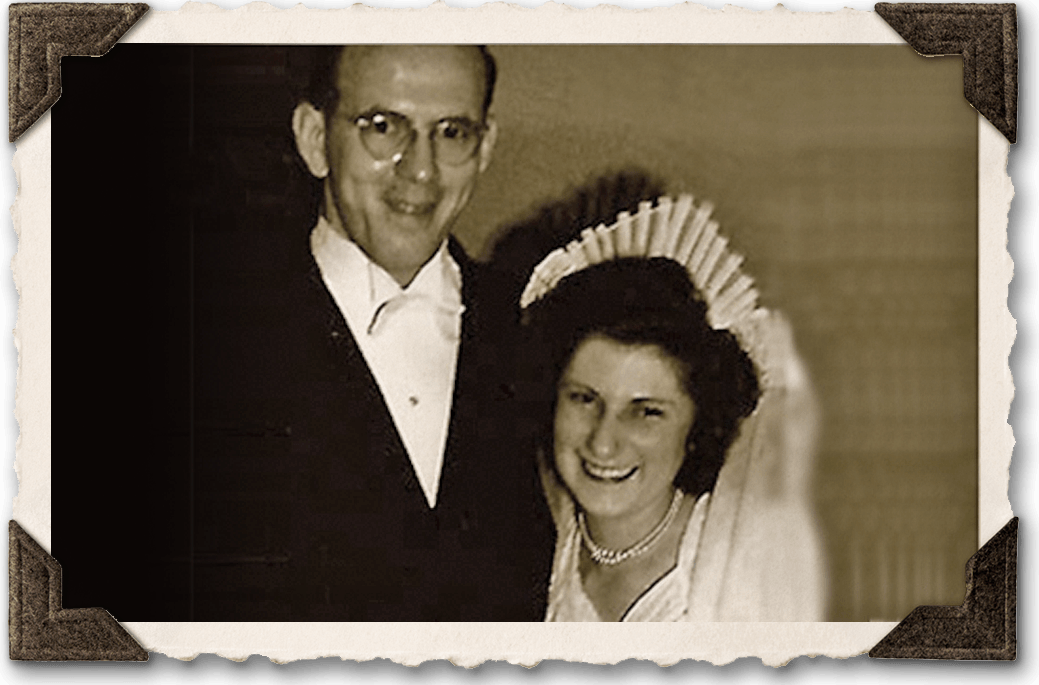
Slide title
Write your caption hereButton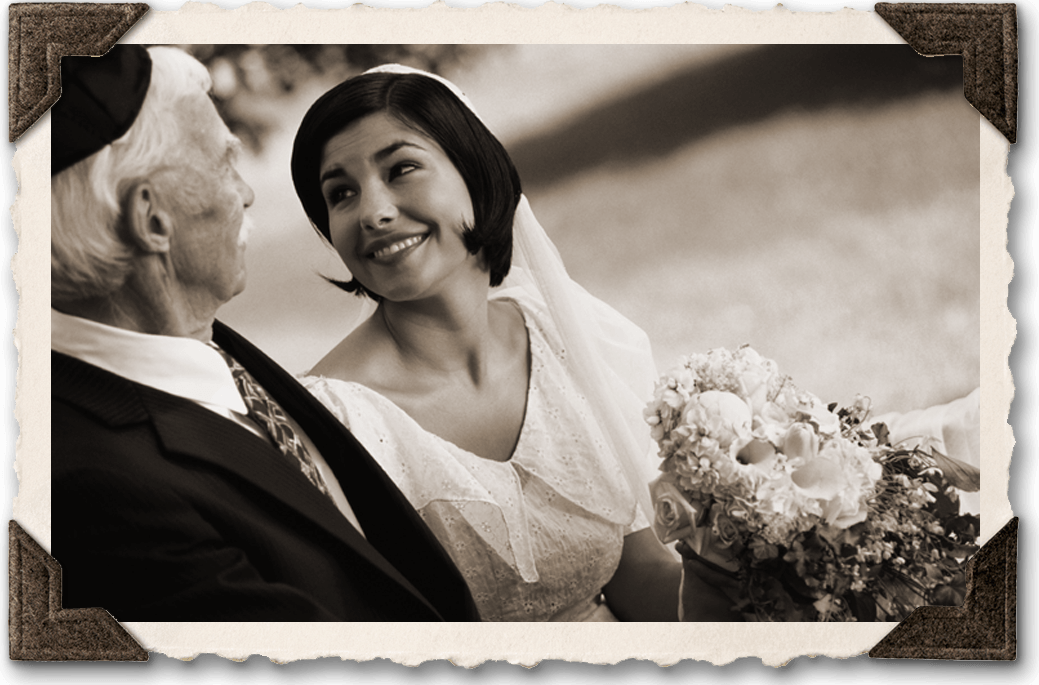
Slide title
Write your caption hereButton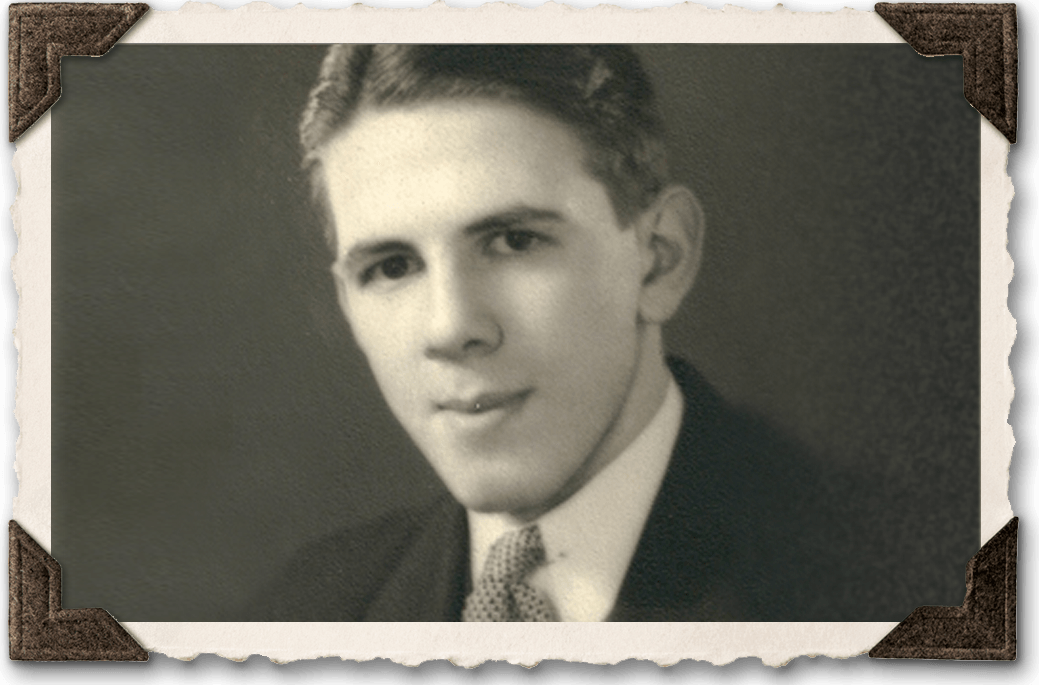
Slide title
Write your caption hereButton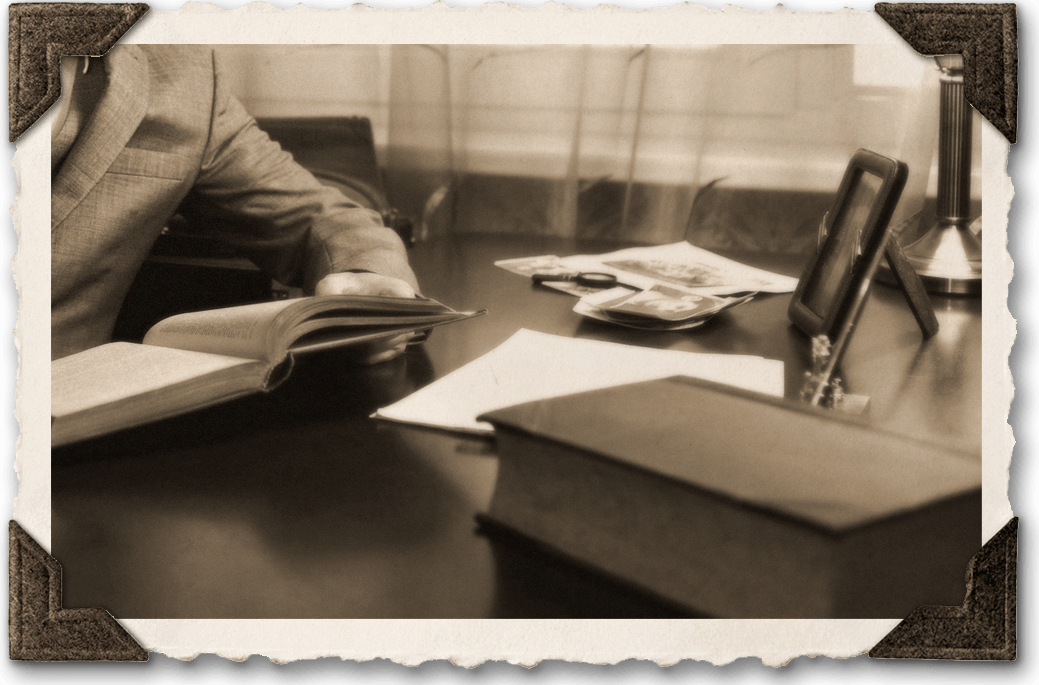
Slide title
Write your caption hereButton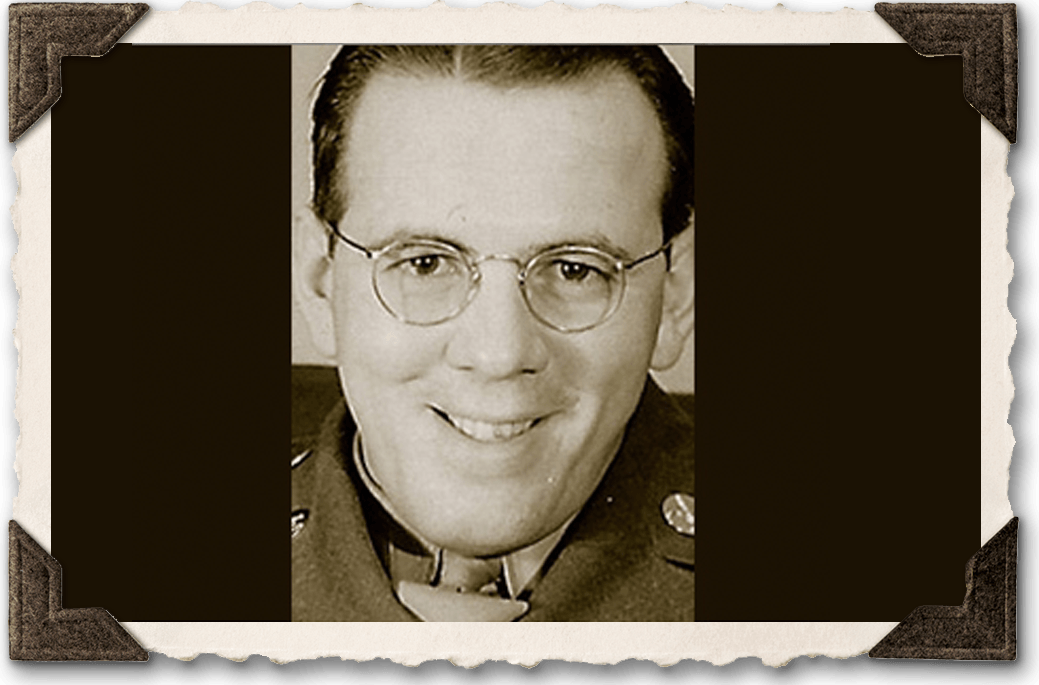
Slide title
Write your caption hereButton
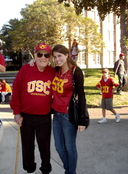
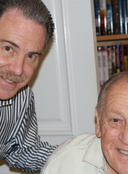
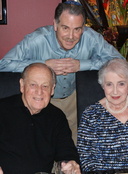
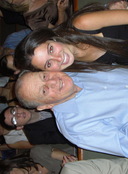
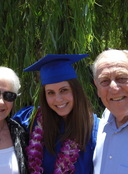
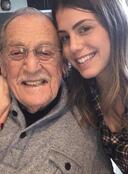
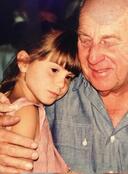
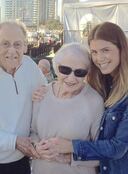
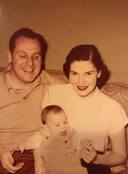
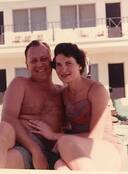
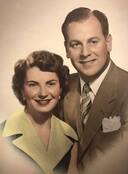
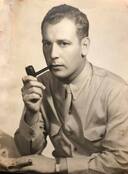
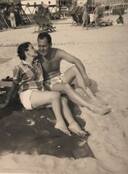
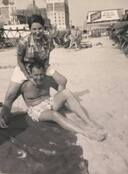
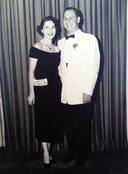
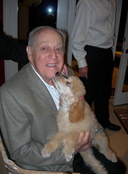
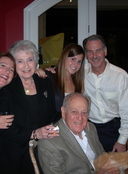
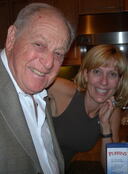
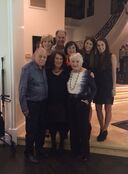
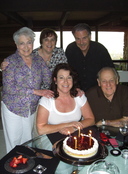
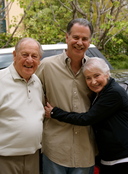
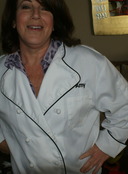
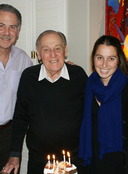
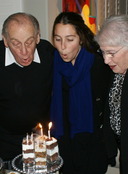
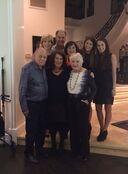
Weiner
Word's from Alana -- Grandpa's Eulogy -- March 1, 2017
My grandfather was one of the most incredible human beings, and an amazing role model. He always had a huge smile on his face. There was something unique and extraordinary about him, and it was a privilege to be his granddaughter. Being a fellow Scorpios (our birthdays were one day apart – November 7th and 8th) created an undeniable bond. We had a tradition of celebrating with my grandmother and father (all November birthdays). Somehow as my grandfather, my father and I all got older, my grandmother seemed to always stay 26. I still cannot imagine a day when I call and he is not there to answer. It was a gift to celebrate his 95th birthday this year, and his 66th wedding anniversary to my beautiful grandmother. The true love they shared for each other is one that will continue to inspire us all.
I loved spending time with both my grandparents, who instilled lessons of life. My grandfather always shared with me his knowledge and wisdom regarding foreign policy, world affairs and more. He even taught me how to play cards and drive a golf cart when I acted as his caddy for a week in San Diego. He taught me the values of family, friendship, strong work ethic and integrity. I cannot thank him enough for the advice, for the friendship, for his love.
The memories I have of my grandfather will be with me forever. He came to my graduation from the University of Pennsylvania. When I was in college, I took a history class on war and society. The assignment was to interview a family member about World War II. I interviewed my grandfather about his experiences, and my family asked me to share them today. Before I start, I want to add that my grandfather met my professor during graduation week in Philadelphia. I was so proud for my professor to meet my hero, in person. Here’s his story:
GRANDPA’S STORY
It was December 7th, 1941 and the attack on Pearl Harbor mobilized the country for war. Boys became men with slips of paper that drafted them into the army, navy and air force. Men and women, young and old, all devoted their “service” to the war effort.
My grandfather, Irving Weiner, was a member of the Third Air Commando Group. This group was an all encompassing company, outfitted with airplanes, infantry and signal communications. It was an independent outfit that was sent on special operations to accomplish specific goals. His narrative sheds light on World War II from the eyes of a young man.
My grandpa received his draft card when he was an undergraduate student at the University of Southern California (USC). He was studying industrial management and commerce - he and his fellow classmates would study an area and decide what was necessary to set up a company. When war broke out, his professor became second in command of the War Production Industry on the West Coast directly responsible to General Knudsen, overseeing the transformation of raw materials into final products that could be used for the war. Many companies were not prepared for war; the country had to transition from a peacetime economy to a wartime economy. As students and professors joined the war effort, the pressure to contribute to the Allied struggle increased.
Rufus B. von Klein-Smid, the fifth president of USC from 1921 to 1947, gave a University-wide speech encouraging senior students to ‘finish their college education and not run off to the war.’ In the meantime, my grandpa and his older brother Ralph served in the Los Angeles Peace Corps. As my grandpa recalls, “I had a helmet, a pistol and a searchlight and I walked the streets of Figueroa and Adams [in Los Angeles].” As soon as it got dark, the Peace Corps would walk the streets of downtown Los Angeles and direct traffic. Blackouts became routine for fear the enemy would use precision bombings to destroy the city and the people within it. People even drove their cars without lights. My grandpa remembers a few of the alert signals in which he and his fellow volunteers ran to their specific locations to defend against the possibility of bombings and/or coming invasions. The attack on Pearl Harbor motivated many college students to volunteer for the war effort while still maintaining their college/academic careers. My grandpa finished his undergraduate degree and graduated with his brother Ralph in 1942. His graduation in May of 1942 marked the end of his journey to serve the American public on the home-front and the beginning of his journey to the battlefronts in the Pacific.
Ralph and my grandpa went home to Elizabeth, New Jersey to enlist in the armed forces. Despite the fact that my grandpa was never called through the draft, he was determined to make a difference. As soon as he was back in Elizabeth, he enlisted in the air force, pursuing his aspiration of becoming a pilot. “I’ll never forget – I went down to enlist in the air force and they wouldn’t take me. They wanted people to be under 210 pounds, and no bigger than six feet tall because that’s how the planes were built. I was 214 pounds. My brother Ralph took me to the sweat bath in Newark, New Jersey. I went there on a Friday and got out on Sunday afternoon. I sweated it out and I went back [on Monday] and weighed in at 209 pounds. I had lost five pounds in four days. That’s what people did those days.”
Although my grandpa enlisted as an air cadet, he didn’t pass the pressure-depressurization tests and he became an enlisted soldier in the ground forces of the Third Air Commando Group.
After my grandpa completed his training, he was sent overseas to New Guinea. One of the most defining moments during the war for my grandpa was when his unit went from New Guinea to Leyte in 1944. As soon as the ship arrived in the Leyte Gulf, the men on-board were told to get off the ship quickly because of in-coming Japanese Kamikaze attacks. General MacArthur was head of the invasion at Leyte. My grandpa’s ship arrived in Leyte on D2 – the second day of the invasion of Leyte. “We got onto the beach and couldn’t move for four or five days because the Japanese were all around us. [We] could see them flying overhead and we couldn’t move because of enemy fire. We stayed there until we could move. The tide would come in, the water would be right at our feet and we just had to lay there.”
My grandpa and his unit ate cold K-rations that they carried with them off the ships. The men slept on the beach wearing their helmets and uniforms; they did not have beds or tents set up. “[We] didn’t get to shower the whole time – for the first four or five days we could [only] wash our faces and hands; we were able to dig into the sand and get water in our helmets…It was a small beach and I’ll never forget it. We were firing our guns into a place I didn’t know where. [We were] firing at the Japanese locations. I was a pretty good shooter. But it’s hard to remember back that far. [It was] seventy years ago.”
After about five days, the Third Air Commando Group was able to move about 50 to 100 yards inland. The cooks were able to set up kitchens to feed the men and tents were set up for the men to sleep in. When I asked my grandpa if he was scared with the Japanese Kamikazes flying overhead, he said “No, not really – we did what had to be done.” They set up an airstrip and the fighter planes were finally able to take off. On Leyte my grandpa was part of the ground crew. His work on Leyte was very active and difficult. His unit stayed on the island for six weeks before leaving for Mindanao (the island between Leyte and Luzon).
While in the islands, my grandpa’s outfit serviced the planes and the pilots, took care of ammunition, and did all the personnel work. “We were all one group. I think we were about 3,000 men. You stayed alive, hoping not to get shot up and not to get sick.”
At Mindanao the troops conquered the island almost immediately. They set up airstrips and communication signals and then were sent to the island of Luzon (the northern island of the Philippines). My grandpa and his outfit were told they were going to land on the northern tip of Luzon. There were 30,000 Japanese troops waiting to attack the American – Allied soldiers in the area between my grandpa’s landing point in the north and Manila. My grandpa’s outfit was in a very dangerous area. The men got off the planes and ran for cover; my grandpa stepped in a hole and almost broke his leg. His outfit spent four months on the island. My grandpa and his unit had a great deal of interaction with the native peoples at Luzon. The troops landed on the northern strip of the island near a small community [which happened to be] committed to the Allied cause. The emergency air strips that were set up were extremely important as they were for the planes returning from bombing the islands of Formosa and Okinawa. After spending four months on Luzon, the Third Air Commando Group traveled to Iwashima (an atoll 5 miles off the coast of Okinawa).
At Iwashima my grandpa’s unit was tasked with “staging” and preparing for the invasion of Japan. My grandpa spent about 2 to 3 months on Iwashima. Luckily the war ended while his unit was still on Iwashima, thus the staging and invasion plans were modified to resemble occupation strategies. In August 1945, the Japanese surrendered and made arrangements for the formal signing of the peace treaty aboard the Missouri Ship in the Japanese Harbor of Tokyo Bay. The peace treaty ended the war in the Pacific. My grandpa and his fellow soldiers witnessed many exchanges between the Japanese and American generals, as he remembers seeing Japanese generals getting off their planes on the island of Iwashima to meet with many of his generals.
My grandpa received a nice surprise while on Iwashima. His outfit had boarded an ocean carrier (called an LST) to go to Japan, however in the midst of loading, the captain got word that a typhoon was coming and ordered the ships out to sea. In the meantime, my grandpa’s younger brother Ira, who was with his B29 outfit on Okinawa, found out from Pop-pop (my great grandfather) where my grandpa was stationed. Ira got a 3-day pass, located my grandpa’s outfit and arranged for a boat ride to take him from Okinawa to Iwashima. My grandpa’s ship, which was set to leave, was postponed by the typhoon, allowing my grandpa to leave the ship and connect with Ira. Then the ship was ordered out to sea and rode out the storm for three days on the high seas of the ocean. After the storm the ship returned to Okinawa.
Okinawa was devastated by the hurricane. My grandpa’s outfit went to Okinawa to get more people and help with the damage caused by the typhoon. Since Ira’s outfit was stationed in Okinawa, my grandpa visited with him again. Although the visit was only 3-4 hours long, it gave my grandpa and him the chance to talk and spend time together. My grandpa’s unit was in Okinawa for only two days before traveling to Hokkaido (the northern island of Japan). My grandpa had been in a uniform from 1942 until 1946 (3 years and 9 months). Still he did not complain, explaining that many boys were in the service even longer than he was. He was happy to be reunited with his family and return to a life of normalcy.
Many people hold on to their experiences and bury their memories deep into the pockets of their hearts. My grandpa told me that other than my grandma, I am the first person with whom he ever shared in depth his stories and experiences from World War II. My grandpa emphasized the fact that “when you are that young and strong and active, it was difficult but we did it. The men I was with – we were all almost the same age, and we were very headstrong people. We did a lot of things that we wouldn’t do now. It’s hard to remember. When you start to talk about it, you start to remember small things.” My grandpa shared his heart and soul with me, and I will never forget his story, the big and the small things.
Grandpa, I will always act to make you proud. I love you forever.
Recently Shared Condolences
Recently Lit Candles
-
We are honored to prov ...(read more)
Recently Shared Stories
-
My grandfather and ... (read more)
-
My grandfather was ... (read more)
-
Dear Dad, I mis... (read more)
-
First, on behalf of... (read more)
-
How can I possibly ... (read more)
Am Israel Mortuary
